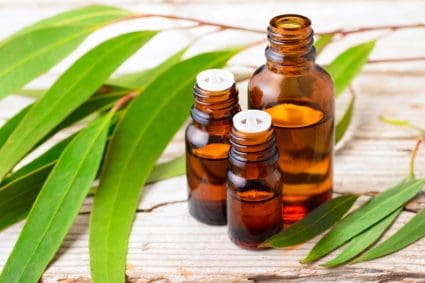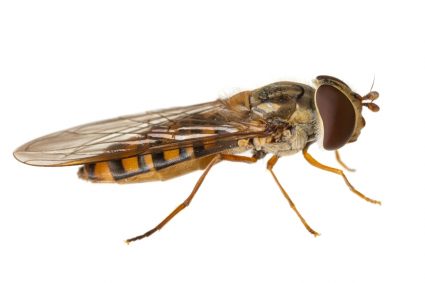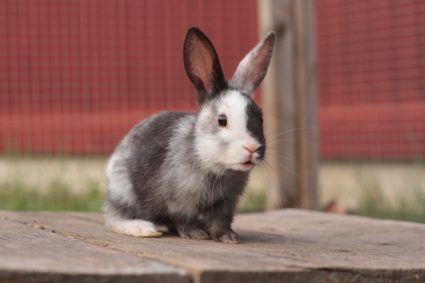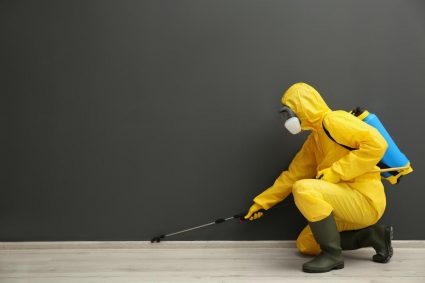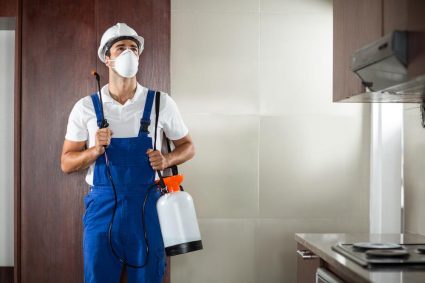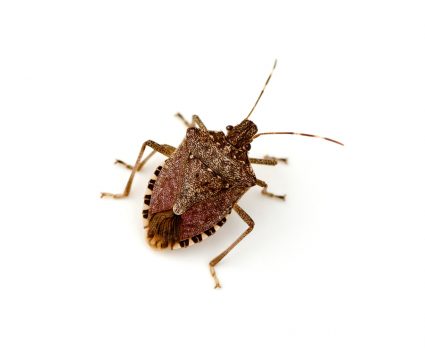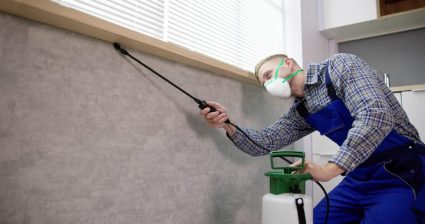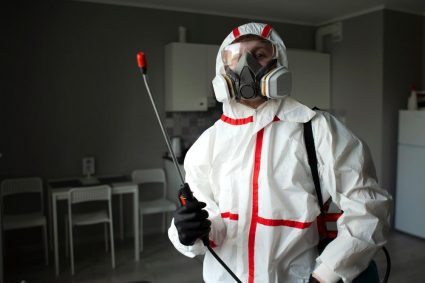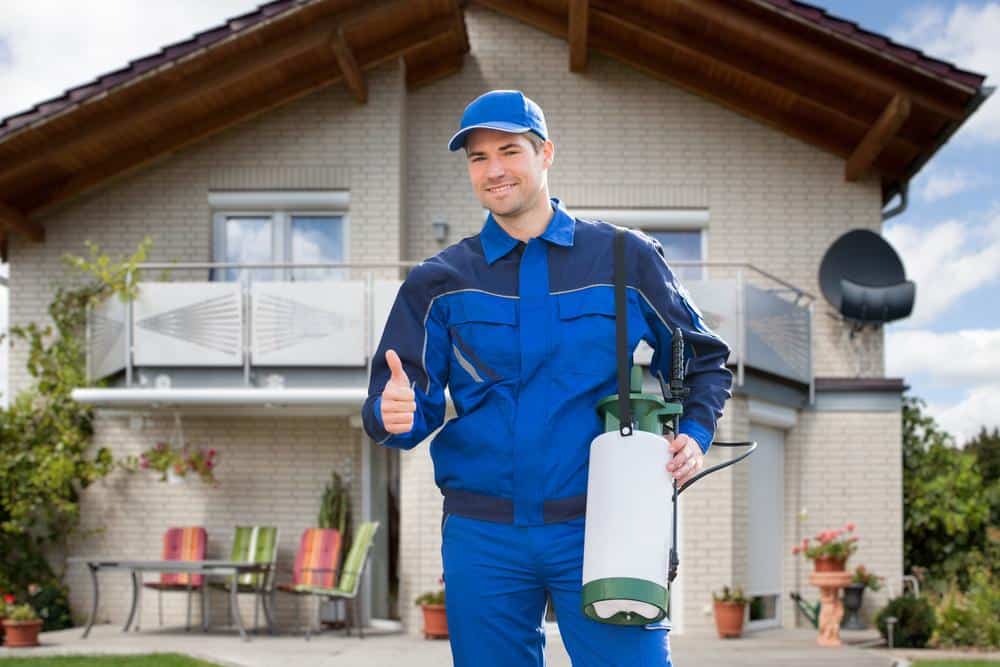
Boating is an enjoyable pastime for many, but the presence of bugs can quickly turn a leisurely day on the water into an uncomfortable experience. Bugs are not just a nuisance; they can also cause damage to your boat and pose health risks. Therefore, keeping them away from your boat is crucial. In this comprehensive guide, we’ll explore how to keep bugs away from boats, covering everything from natural repellents to preventative maintenance.
To keep bugs away from your boat, ensure regular cleaning to remove food debris and spills that attract bugs. Store food in airtight containers and avoid bringing cardboard boxes onboard. Use natural repellents like essential oils, install mosquito nets, and seal any gaps or crevices. Consider dry-docking your boat when not in use and act promptly against any sign of infestation. Avoid harmful insecticides and opt for eco-friendly bug prevention methods. Regular maintenance and inspections are also crucial.
Why Bugs Are Attracted to Boats
Bugs are attracted to boats for several reasons. Heat and CO2 emitted by warm-blooded animals onboard can attract insects like noseeums. The lights on boats also draw bugs, especially at night. Food sources, whether leftovers or improperly stored food, can attract insects like ants, roaches, and weevils. Boats also provide shelter and hiding spots, and access to water, making them an ideal environment for bugs.
Common Bugs Found on Boats
The most prevalent types of bugs attracted to boats include spiders, fruit flies, termites, and various insects found around waterways such as dragonflies, mayflies, and whirligig beetles. Other bugs that can infest boats include cockroaches, weevils, silverfish, and flour moths.
How to Prevent Bug Infestations
Preventing bug infestations is easier than dealing with an existing one. Here are some effective preventative measures:
Regular Cleaning
Regularly clean your boat. This includes removing food debris and spills, which can attract bugs.
Proper Food Storage
Store food in airtight containers. Avoid bringing cardboard boxes on board, as they can harbor pests.
Use of Natural Repellents
Natural repellents like peppermint oil or soap can deter spiders. Essential oils like citronella, cedar, and lemongrass can also be used to repel other insects.
Sealing Gaps and Crevices
Close any gaps, holes, cracks, and crevices on your boat that might harbor bugs. Install mosquito nets on ports to prevent insects from crawling in.
Use of Ultrasonic Sound Devices
These devices emit high-frequency sounds that pests find uncomfortable, deterring them from your boat.
Dry-Docking Your Boat
When not in use, store your boat out of the water. This can help prevent pests from accessing it.
Prompt Action Against Infestations
If you notice any signs of bugs, act quickly to eliminate them. Dispose of any infested food and check other containers in the same area.
Safe Use of Insecticides and Repellents
Insecticides and repellents can be effective, but they should be used safely to avoid damaging your boat or harming aquatic life. Avoid products containing DEET, which can damage plastics and gelcoat finishes. Instead, choose alternatives that are less harmful to boat surfaces and aquatic life. Always read and follow the instructions on the pesticide label to ensure proper application and safety precautions.
Eco-Friendly Bug Prevention Methods
For those who prefer eco-friendly methods, consider using natural remedies such as crushed bay leaves and cloves. Eco Defense Pest Control Pouches, which use all-natural ingredients, can be used to repel pests in enclosed spaces. Regularly cleaning the hull and interior of your boat can also discourage pests from nesting.
Effectiveness of Bug Zappers and Traps
While bug zappers and traps can be useful in some settings, they are not always effective on boats. They often kill the wrong bugs and can even attract more mosquitoes to your area. Instead, consider using mosquito magnets and tenting on the water.
Regular Boat Maintenance
Maintaining your boat can contribute to a cleaner environment that is less attractive to pests. Regular inspections for signs of infestation can also help you address any problems promptly.
Conclusion
Keeping bugs away from your boat involves a combination of preventative measures, regular maintenance, and prompt action against infestations. By following the tips in this guide, you can enjoy your boating experience without the nuisance of bugs.
Remember, a bug-free boat is a happy boat!
Frequently Asked Questions
What are some signs of bug infestation on my boat?
Signs of bug infestation can include visible bugs, insect droppings, damaged food packaging, and unusual sounds within the boat’s structure. In some cases, you might notice an unpleasant smell.
How often should I clean my boat to prevent bug infestations?
It’s recommended to clean your boat thoroughly after every use. This includes removing food debris and spills, and cleaning hard-to-reach areas where bugs could potentially hide. Regular cleaning not only helps to keep bugs away but also helps maintain the overall condition of your boat.
Are there any specific essential oils that repel bugs?
Yes, certain essential oils are known to repel bugs. These include citronella, cedar, lemongrass, and peppermint. These oils can be mixed with water and sprayed around the boat as a natural repellent.
Will the ultrasonic sound devices disturb other marine life or my pets?
Ultrasonic pest repellers are generally safe for pets and other marine life. They emit ultrasonic frequencies that are above the hearing range of humans, pets, and most marine creatures. However, it’s always best to check the specific device’s information to ensure it’s safe for your particular situation.
Can I use commercial bug sprays on my boat?
While commercial bug sprays can be effective, some may contain chemicals that can damage your boat’s surfaces or harm aquatic life. Always check the product label and use them responsibly. It’s often better to opt for alternatives that are less harmful to boat surfaces and marine life.

